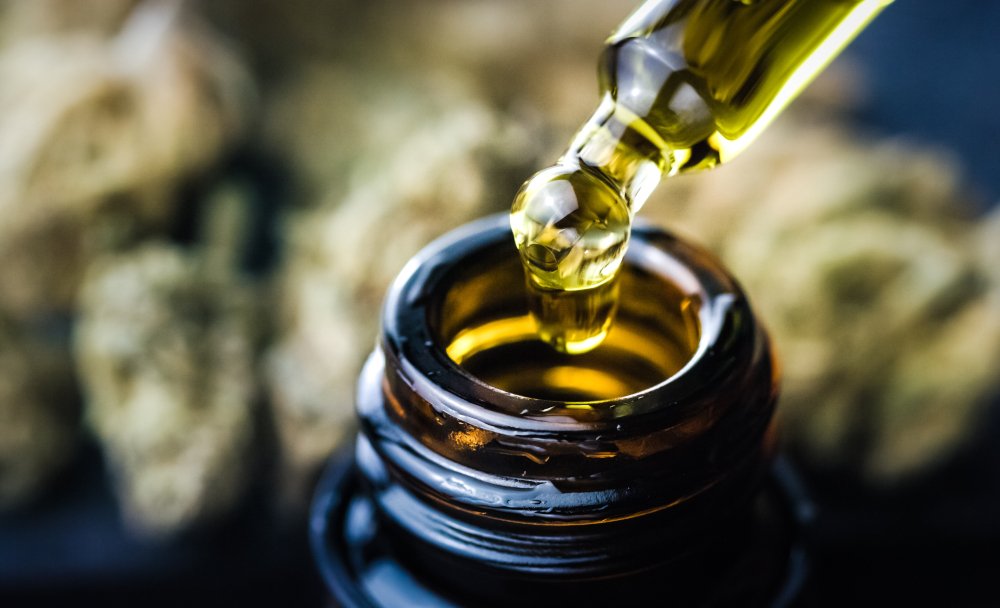The end may be in sight for intoxicating hemp companies if Republican lawmakers in Congress get their way.
Following the advance of a ban on intoxicating hemp in the U.S. House of Representatives last month, the Senate followed suit last week, by advancing an appropriations bill out of committee that also contains a parallel and bipartisan ban, with support not just from GOP members but also Democrats, including U.S. Sen. Jeff Merkley of Oregon.
Such a ban would likely have major ripple effects for the Michigan marijuana market, given the steady ongoing drop in monthly sales at dispensaries, due in part to competition from cheaper and easily available hemp-derived THC products. A ban could shift much of that market share back to marijuana companies, effectively a boon by federal lawmakers to an industry that remains federally illegal.
The 2018 Farm Bill effectively de-scheduled hemp as a controlled substance, stating that any cannabinoid derived from hemp — defined as cannabis containing less than 0.3% THC — could be sold in the market, free of federal intervention. Industry operators call it the “Farm Bill loophole.”
Kentucky Republican U.S. Sen. Mitch McConnell, who helped craft the 2018 Farm Bill when he was still Senate majority leader, said last Thursday that the seven-year-old Farm Bill was never intended to legalize a broad new intoxicating industry, but rather was supposed to bolster agriculture and industrial uses of hemp, such as textiles, foods and other non-intoxicating applications.
“These intoxicating products have flooded the market, in the absence of a regulatory statute, structure, and often use deceptive and predatory marketing towards children, with packaging and logos similar to existing food products, such as Oreos, candy gummies, and cereals,” McConnell said during the Senate Appropriations Committee hearing last Thursday.
Read more at Crain’s Detroit Business







